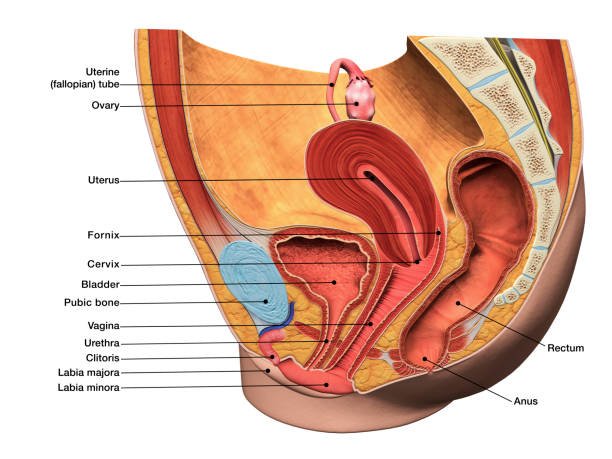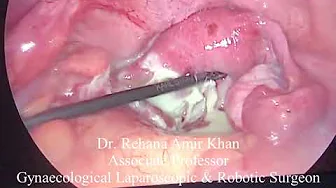Treatment of Abnormal Bleeding
TREATMENT OF ABNORMAL BLEEDING
Are you facing any Abnormal Bleeding?

Book an appointment with the experienced Gynecologist in lahore today...!!!!!
Abnormal Bleeding or AUB is bleeding from the uterus that lasts longer than usual or occurs at irregular times. Bleeding may be heavier or lighter than usual and may occur frequently or randomly.
Abnormal Bleeding may happen:
It doesn't happen during pregnancy, but if it does, there is some serious issue.
Be sure to contact us if you experience bleeding during pregnancy or without pregnancy.
Possible reasons for Abnormal Bleeding
Every woman's menstrual cycle is different.
On average, a woman's menstrual cycle (menstrual volume) occurs every 28 days, but cycles can vary from 24 to 34 days.
Moreover, menstrual discharge usually stays 4 to 7 days.
A young girl's menstrual cycle can range from 21 days to 45 days or more.
Women in their 40s may start menstruating less frequently or have shorter periods between periods.
For most women, estrogen levels change from month to month. The hormones estrogen and progesterone are released as part of the ovulation process. However, when a female ovulates, an egg is released.
Typically, AUB may happen when the ovaries do not release an egg. Changes in hormone levels can cause your period to be delayed or delayed. Your period can sometimes be heavier than usual.
AUB is more common in adolescent or premenopausal women. Women who are overweight may be more likely to have AUB.
In many women, AUB develops a hormonal imbalance. It can also happen due to:
Symptoms
Other symptoms generated by changes in hormone levels may have:
TREATMENT OF ABNORMAL BLEEDING
Diagnosis of Abnormal Bleeding
Our vast experience in treating women will find other possible reasons for irregular Bleeding. You may have a pelvic exam and a Pap/HPV test. Additional diagnostic tests that may need are:
Your provider may recommend the following:
Treatment for Abnormal Bleeding
Medication may incorporate one or more of the following:
If you have anemia, your provider may prescribe iron supplements.
If you are trying to get pregnant, you may be given medication to stimulate ovulation.
Women with severe symptoms that do not improve or with precancer or precancerous diagnoses may need additional procedures, such as:
Surgery to destroy or remove the lining of the uterus.
Hysterectomy to remove the uterus.
TREATMENT OF ABNORMAL BLEEDING
After Treatment Expectation
Hormone therapy usually relieves symptoms. You probably don't need treatment if you don't have anemia from blood loss. Treatment that focuses on the cause of the bleeding works right away, so it's crucial to understand why.




